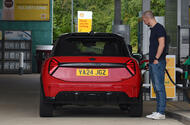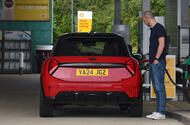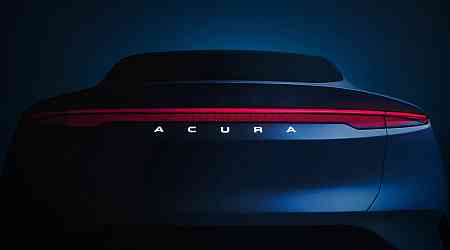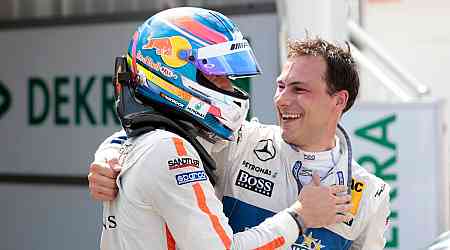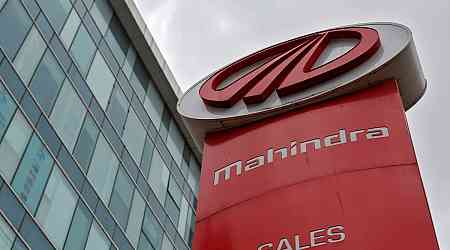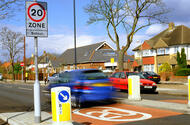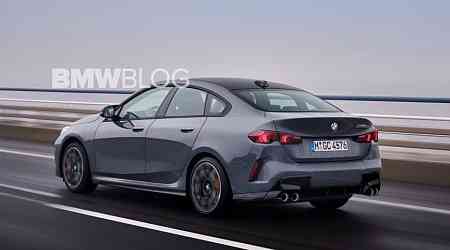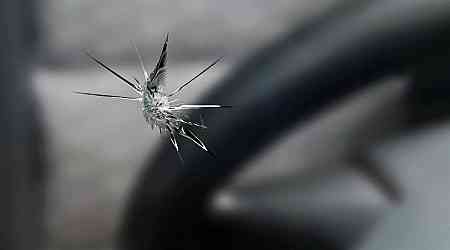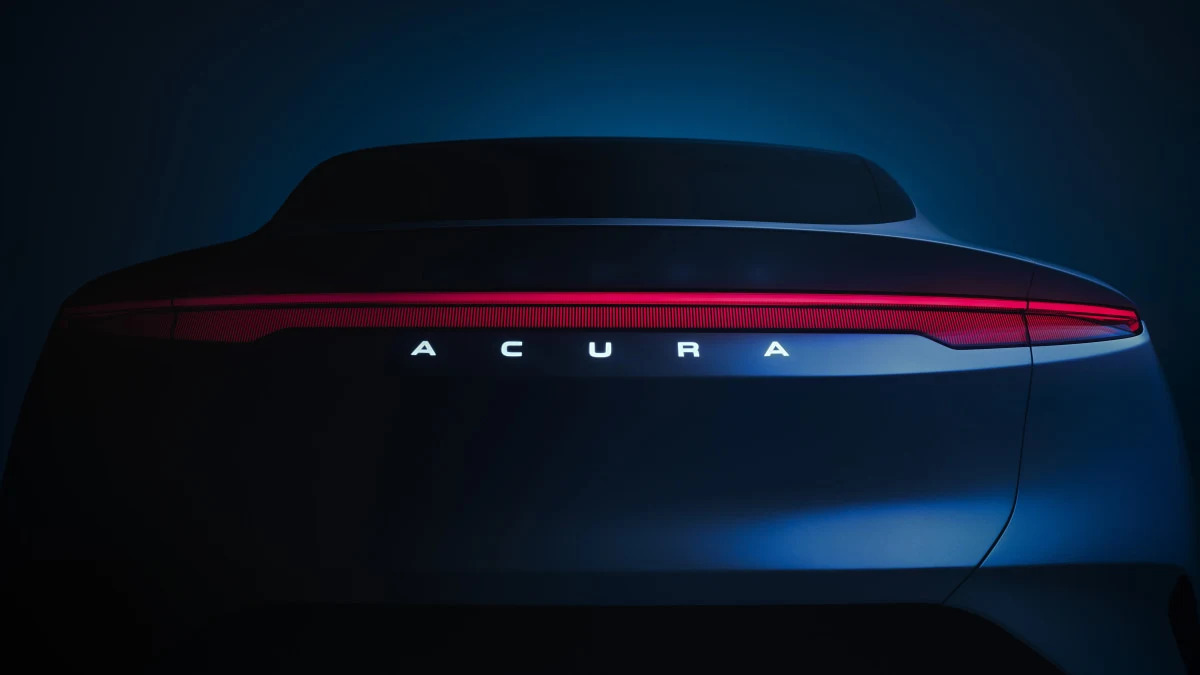E-fuels could be used to decarbonise the existing fleet of petrol and diesel carsEuropean Commission must speed up roll-out of e-fuels to avoid ICE engines being banned “through the back door”
BMW CEO Oliver Zipse has said the European Union’s plan to ban sales of new combustion-engined cars in 2035 is the “wrong approach” and has called for it to accelerate the roll-out of e-fuels.
Under the current legislative framework, the EU will ban sales of new non-zero-emission cars in 2035. As well as battery-electric and hydrogen fuel cell models, combustion engines will be allowed to remain on sale, so long as they are run solely on carbon-neutral fuels such as e-fuels.
Zipse said the European Commission must accelerate the availability of e-fuels in order to make their use practical by 2035 – or else the legislation “would be a deliberate ban on combustion engines through the back door”.
This is a “bogus solution”, said Zipse, adding that "a [categorical] ban on combustion engines in 2035 is the wrong approach".
The limited availability of e-fuels – which is a result of their production method – is a significant inhibitor to their viability.
E-fuel production demands a huge amount of energy because it requires ‘green’ hydrogen, made by electrolysing water using renewable electricity.
According to a 2019 report by the International Energy Agency, producing all of today’s industrial hydrogen output from electricity would create an electricity demand of 3600TWh. This is almost 1000TWh more than the EU’s entire energy production in 2022, of which just 39.4% came from renewables. And that is simply to match today’s hydrogen output, not the surplus needed for the mass industrialisation of e-fuels.
This energy could be used to power electric cars directly instead.
However, e-fuels are seen as a viable path for decarbonising the existing combustion-engined automotive fleet, as well as a solution for vehicles that are not ideally suited to battery electrification, such as sports cars and HGVs.
Porsche has invested heavily in e-fuel firm Highly Innovative Fuels (HIF), which began operating the Haru Oni plant in Chile in December 2022. It currently produces e-methanol for Porsche’s Mobil 1 Supercup race series.
Ferrari has also backed carbon-neutral fuels. Company chief Benedetto Vigna last month said “there is still a valid way forward for ICE cars”, pointing to the importance of sustainable fuels’ development.
Formula 1 will in 2026 make the switch to carbon-neutral fuels, ushering them in with a new set of technical regulations.


















